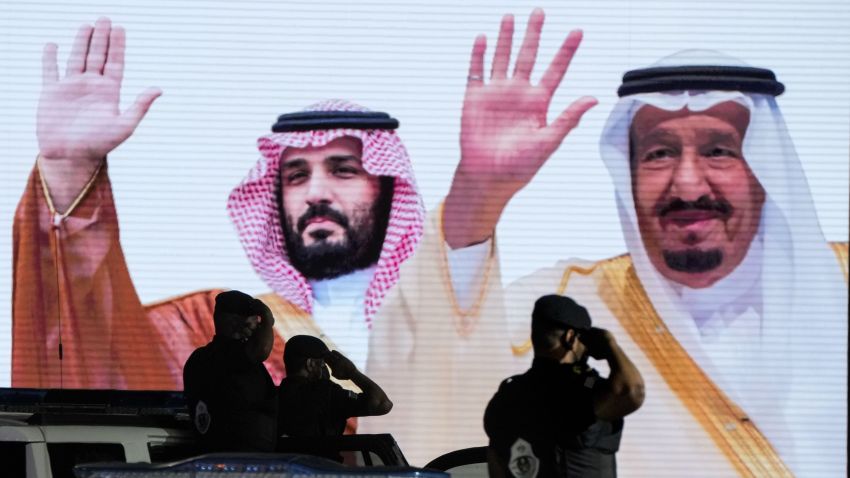Saudi King Salman issued three royal orders last week to reshuffle his Cabinet. Of the three, the most notable is the first one, which named his son, Crown Prince Mohammed bin Salman, as prime minister. Although the position is symbolic, it nonetheless consolidates the crown prince’s de facto control of Saudi Arabia.
The decree naming MBS, as he is popularly known, as prime minister is an exception to Saudi Arabia’s Basic Law, whose Article 56 stipulates that the king is the prime minister of the kingdom. According to the constitution, Salman has the authority to delegate these powers, but the timing of the reshuffle raised some eyebrows due to recent questions that have arisen regarding the status MBS enjoys under U.S. law.
Those questions arose as part of a civil lawsuit brought against MBS by the fiancée of Jamal Khashoggi, a U.S.-based Saudi dissident journalist who was murdered at the Saudi consulate in Istanbul four years ago last Sunday. A U.S. intelligence finding in February 2021 determined that MBS was responsible for Khashoggi’s killing, concluding in a document that was declassified last year that he had personally approved of the operation to capture or kill the journalist.

